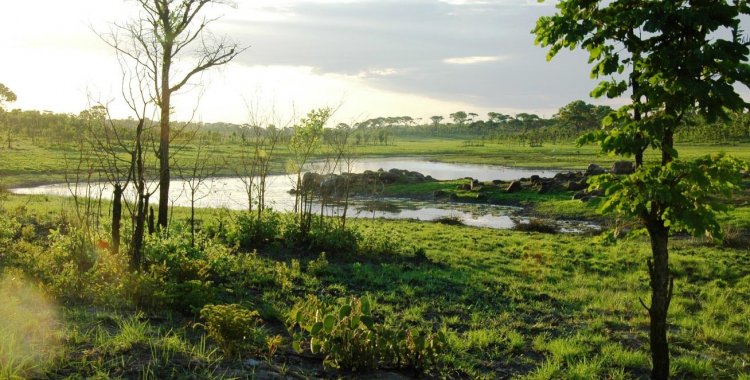The North American funding is part of the international GEO-TREE initiative, which aims to collect vegetation data in dry forests in the tropics around the world. In Angola, it has been developed by the Center for the Study of Biodiversity and Environmental Education at ISCED, in partnership with the Mandume Ya Ndemufayo University, in Lubando, and the University of Edinburgh.
The purpose at Bicuar is to collect data to develop maps of the park's vegetation, in order to benefit reserve management efforts and the conservation of threatened habitats.
According to the president of ISCED-Huíla, Helder Bahu, global warming, resulting from the emission of greenhouse gases, as well as deforestation, are a general concern, and the project in Angolan territory will generate "valuable" data on the structure of vegetation and estimate the plant biomass of Bicuar National Park.
The official stated that the objective is also to contribute to better management of the park, improving infrastructure at the camp.
As a way of continuing the work carried out by the project, ICED-Huíla will finance and supervise 10 master's students - whose action will be under the inspection of the project's researchers - so that in the end they can continue the same research work themselves.
“Fortunately, Bicuar Park constitutes a large laboratory for undergraduate students studying Biology, the Masters in Ecology and Natural Resources Management and the Center for Biodiversity and Environmental Education, at ISCED-Huíla. There are several studies carried out in this park and many articles published, so talking about studies in Bicuar is talking about ISCED-Huíla”, he stated, quoted by Angop.
Helder Bahu also highlighted the importance of the Bicuar National Park for the country, taking into account the potential of the reserve, which ranges from rural tourism, cultural ecotourism to scientific tourism, among others.







